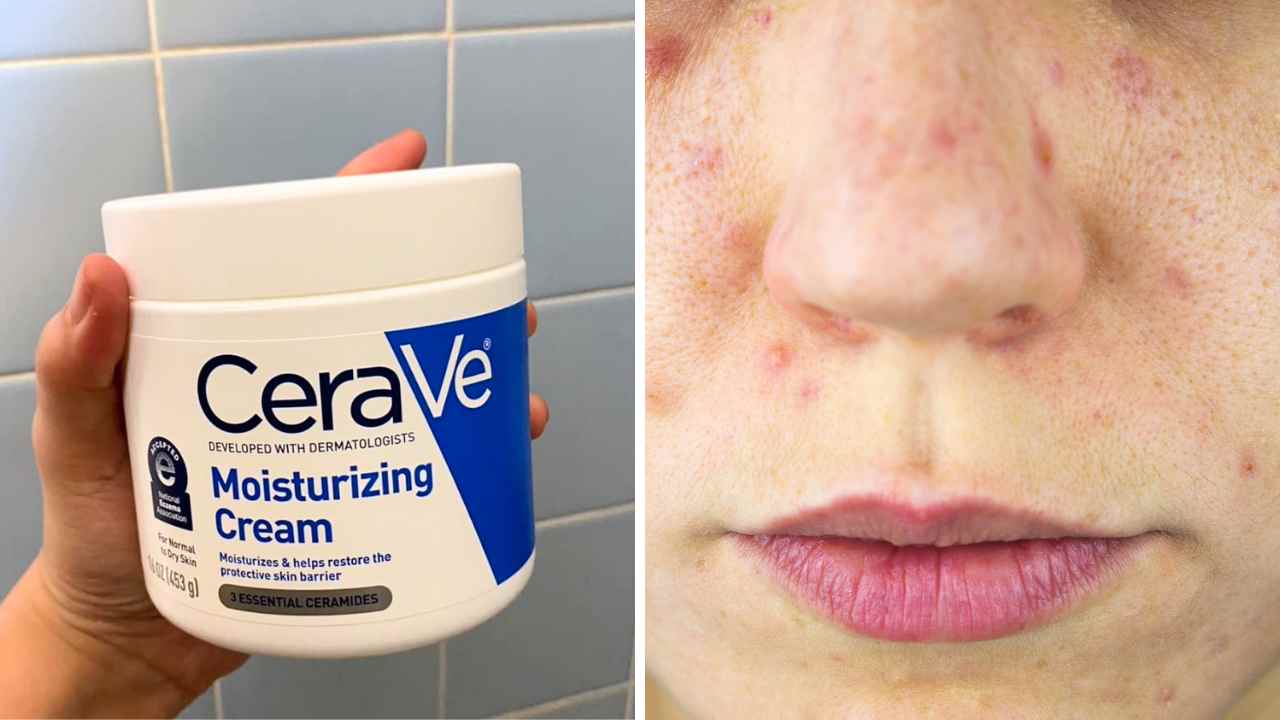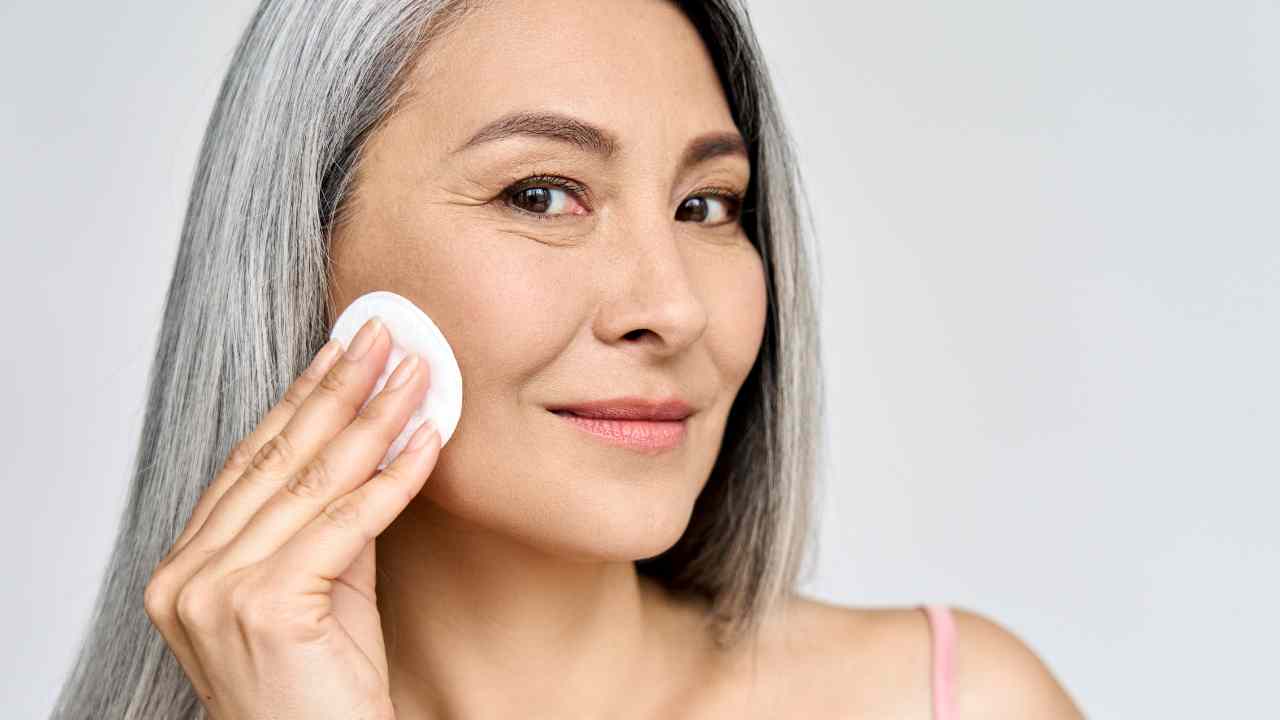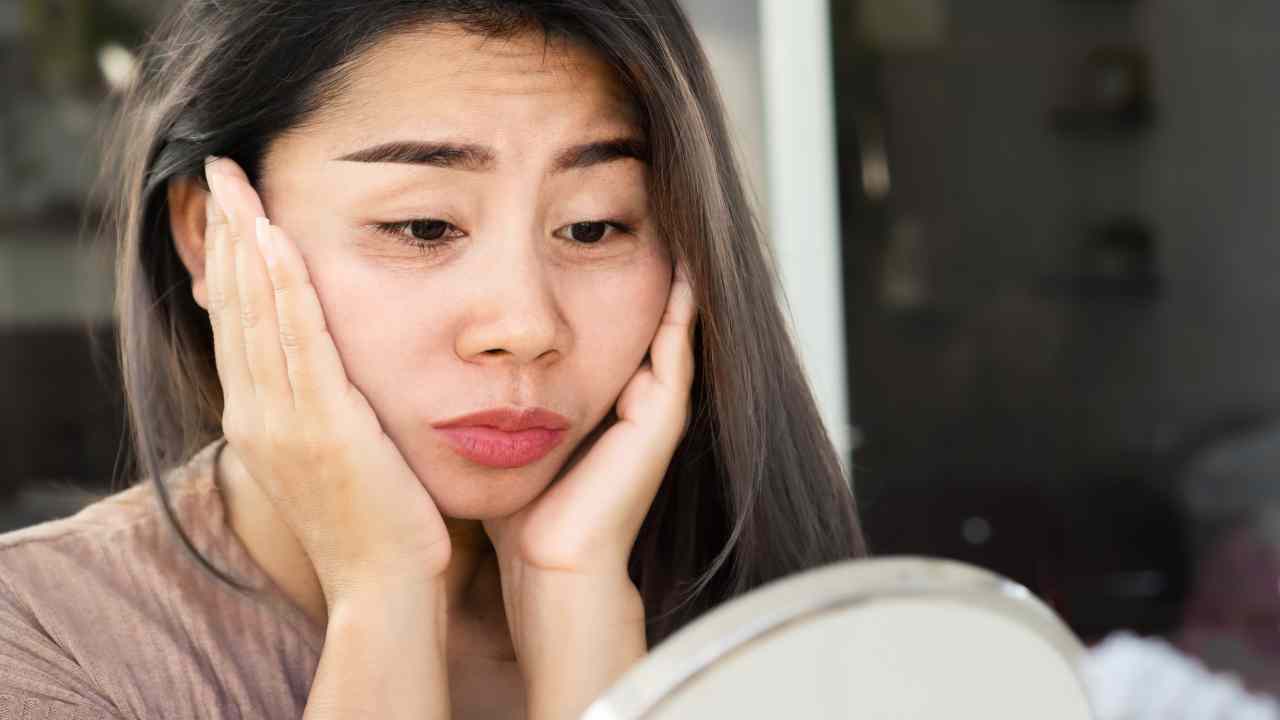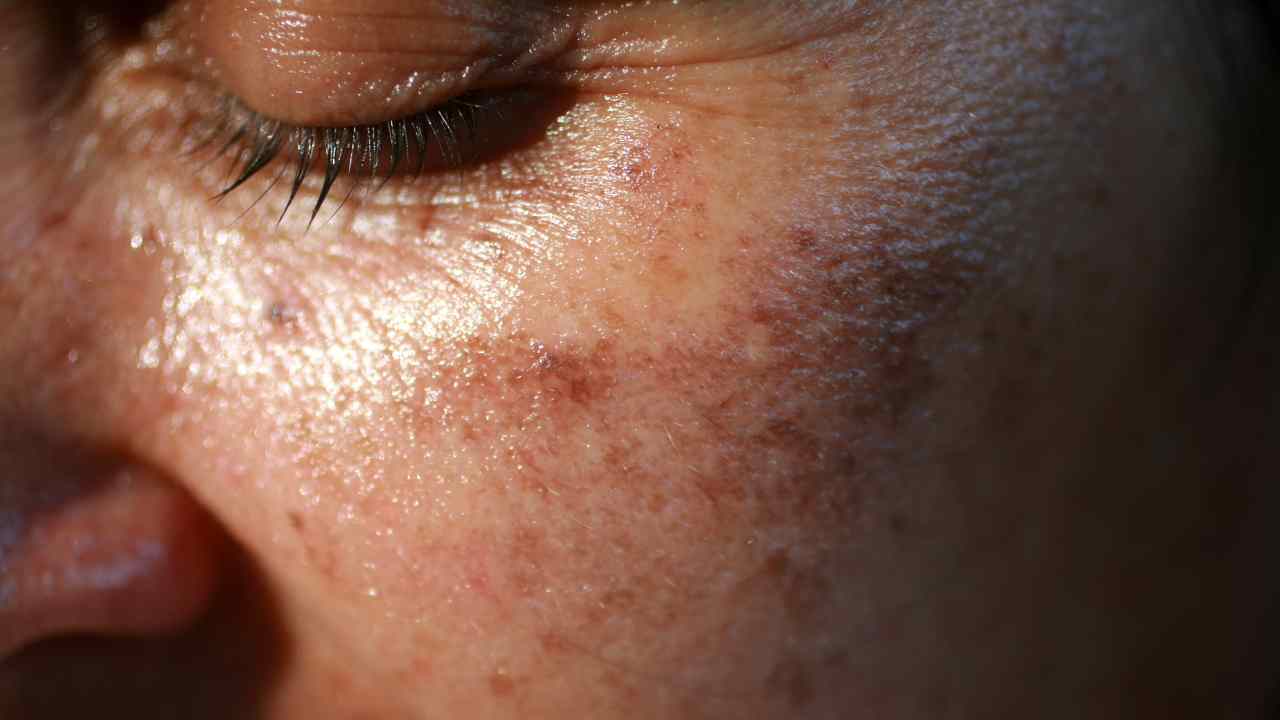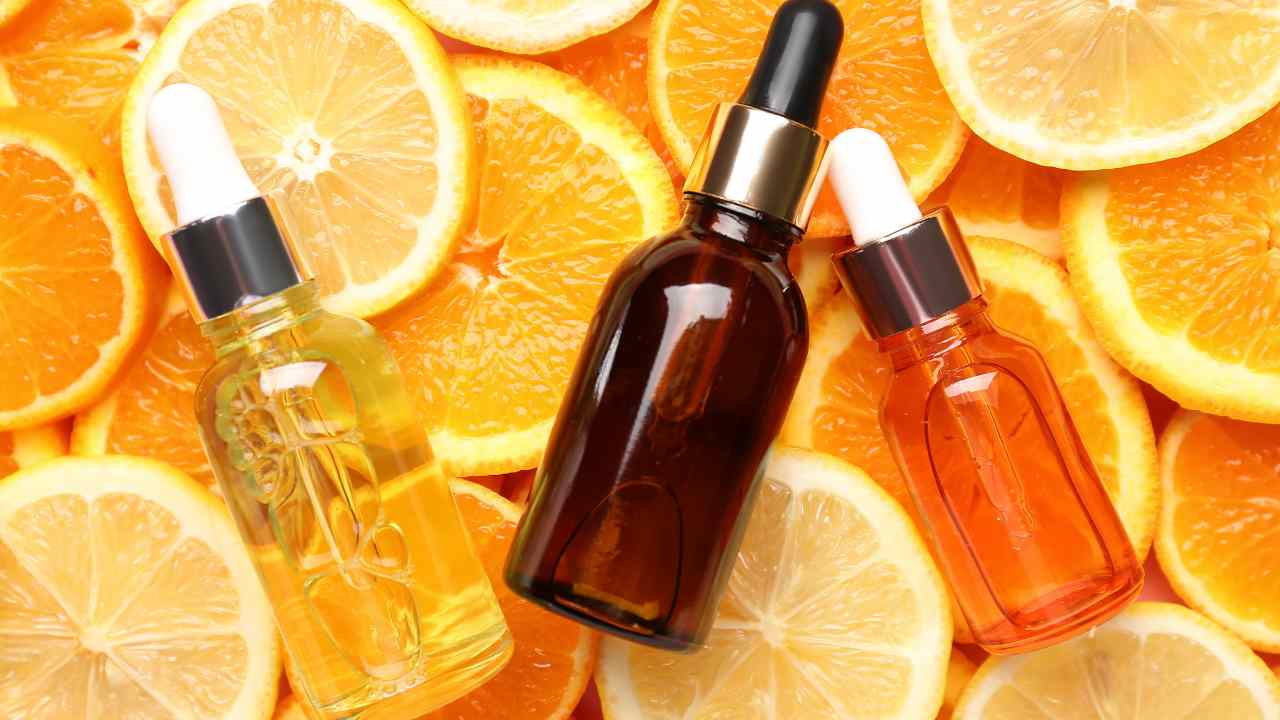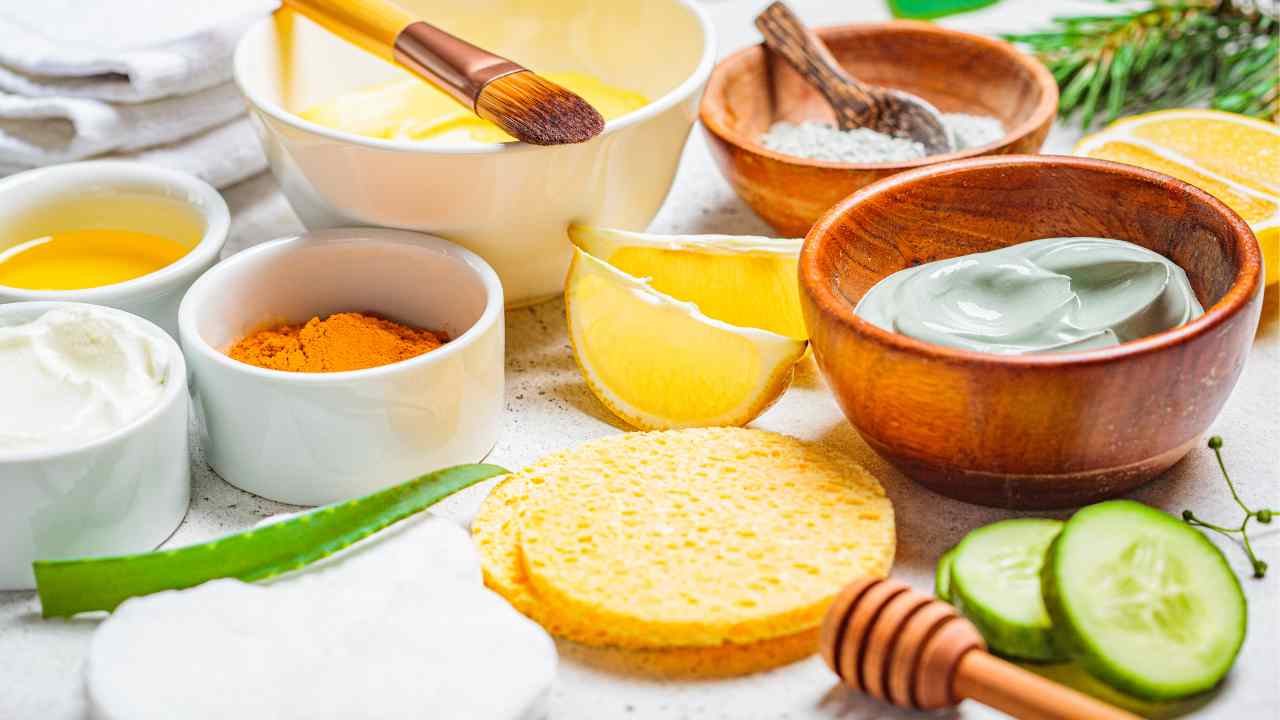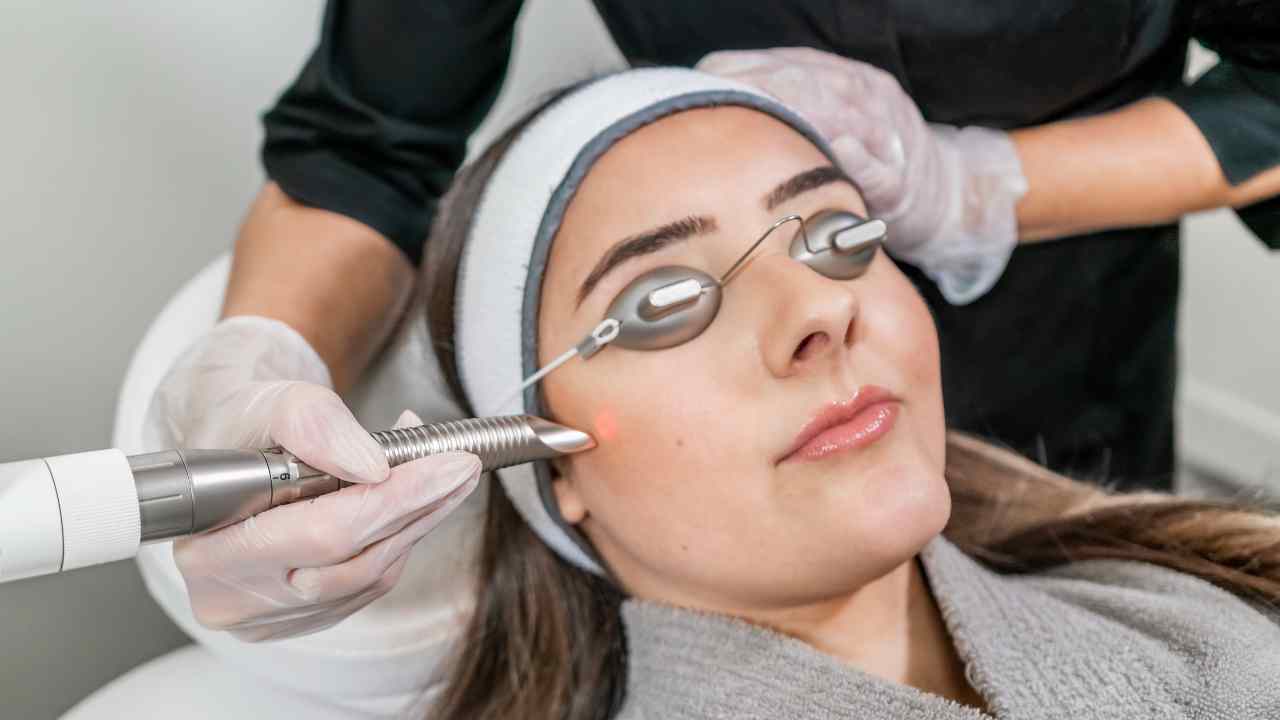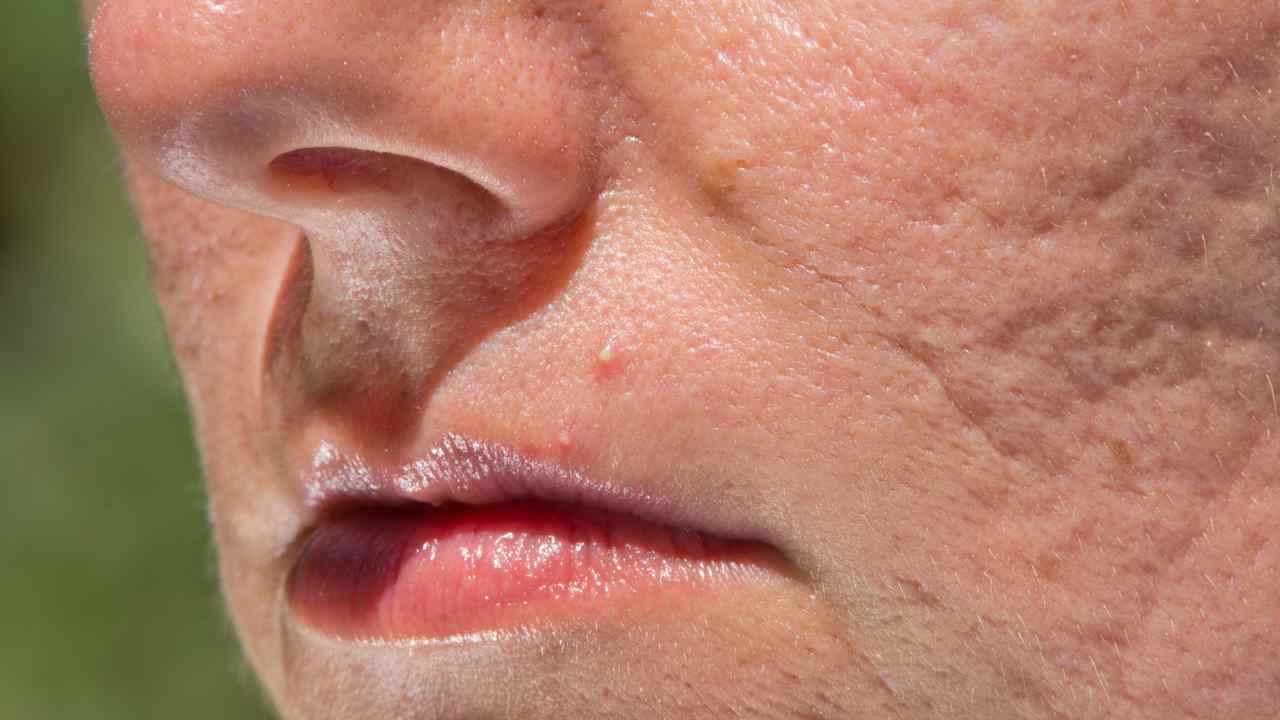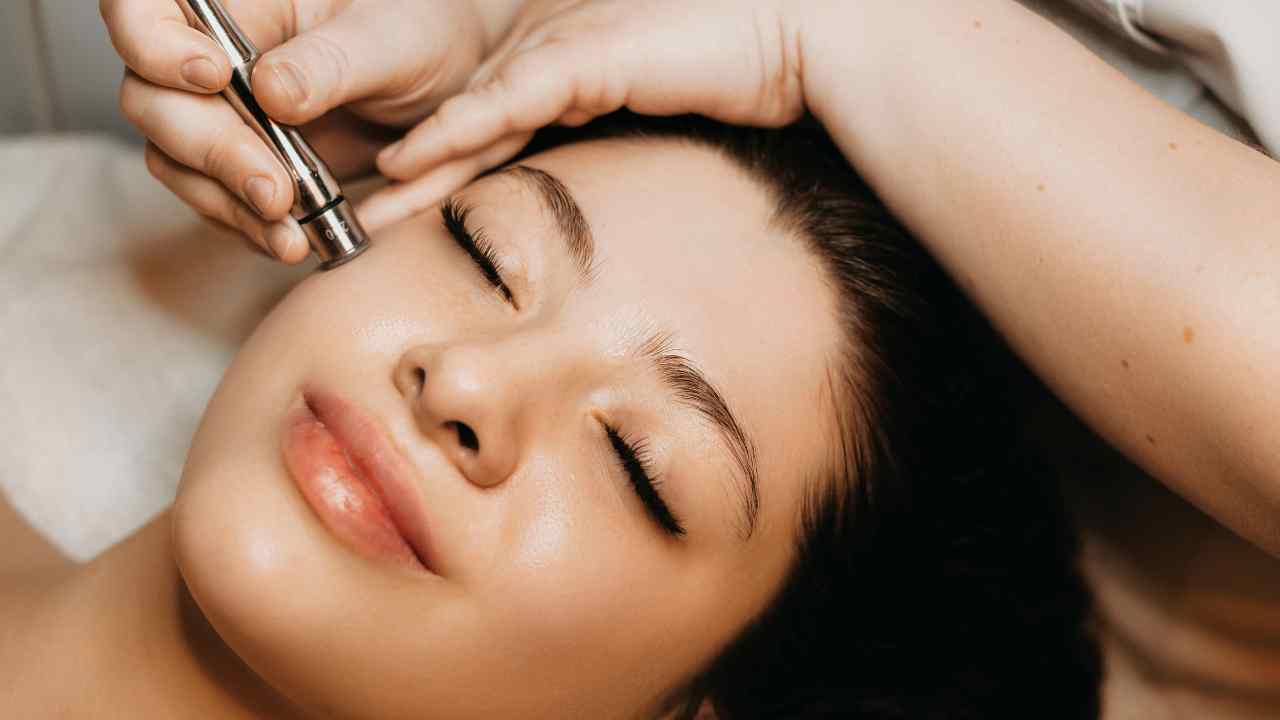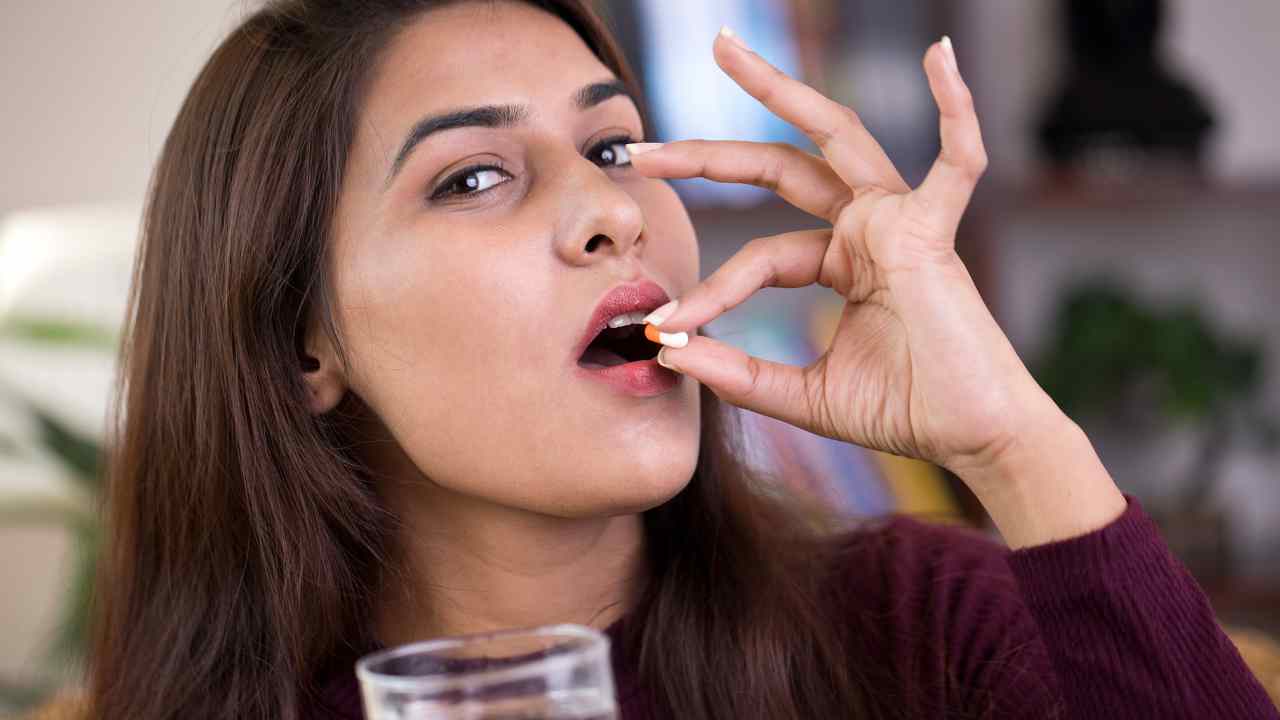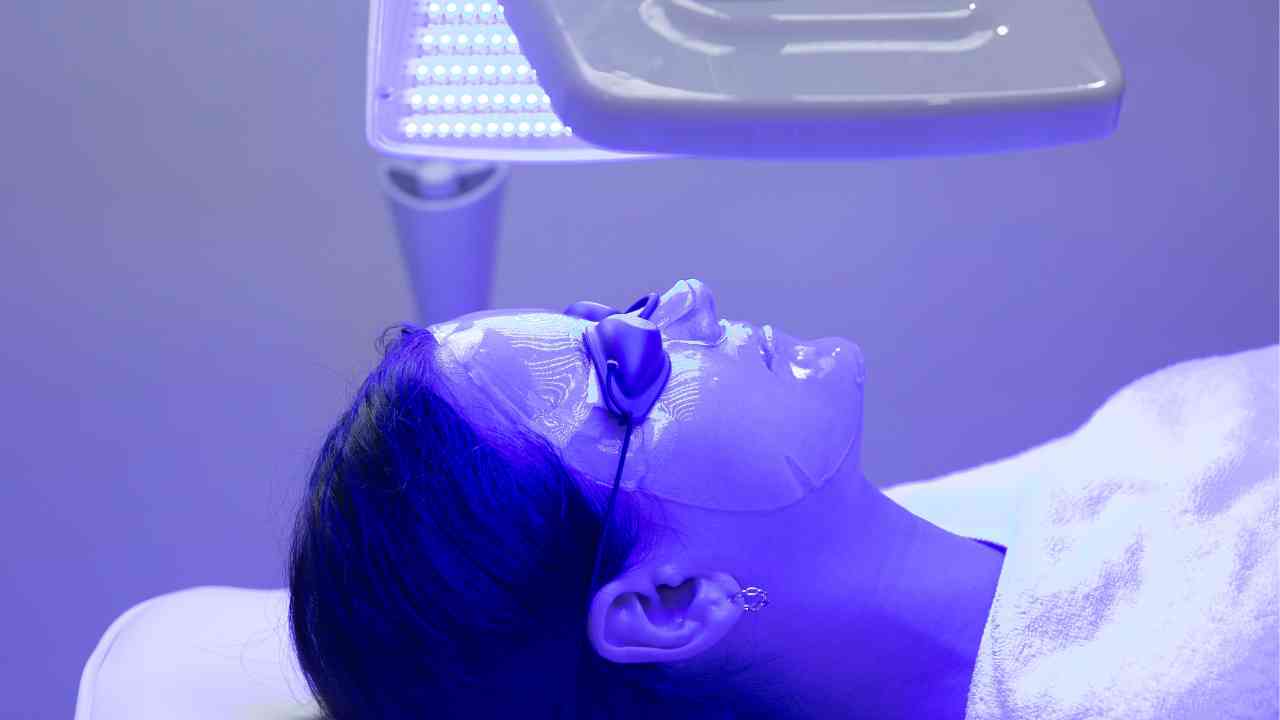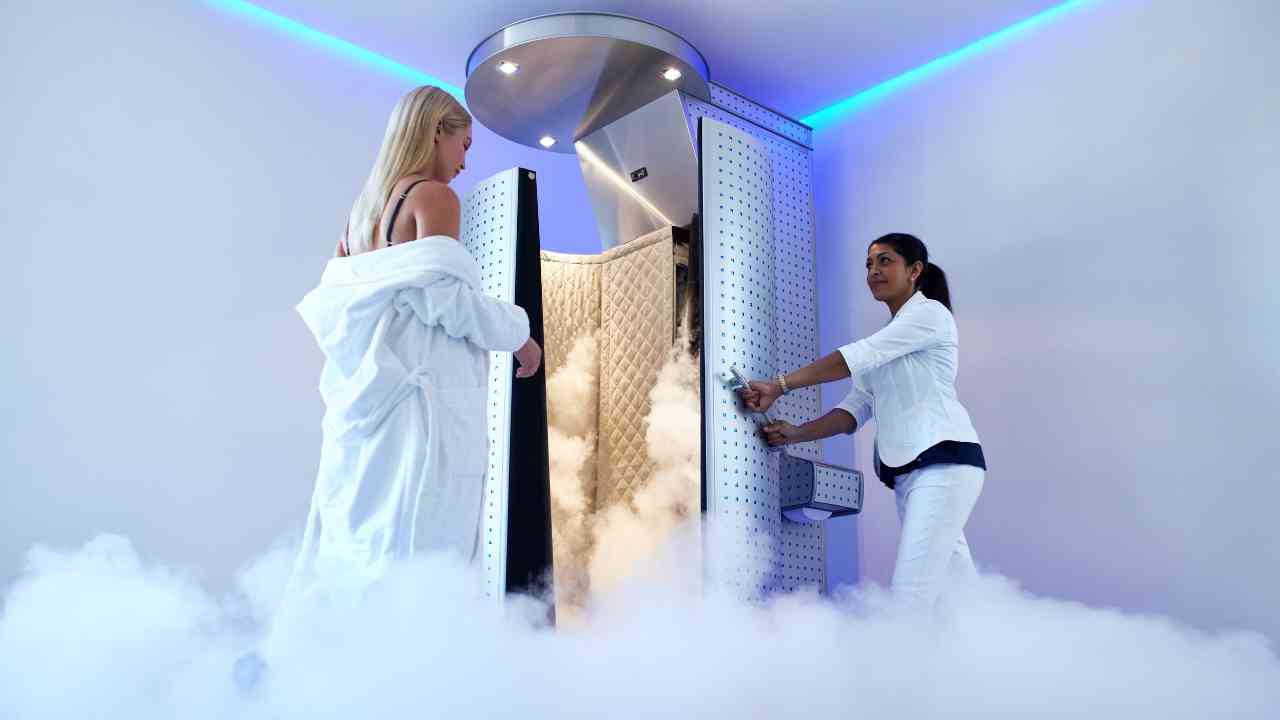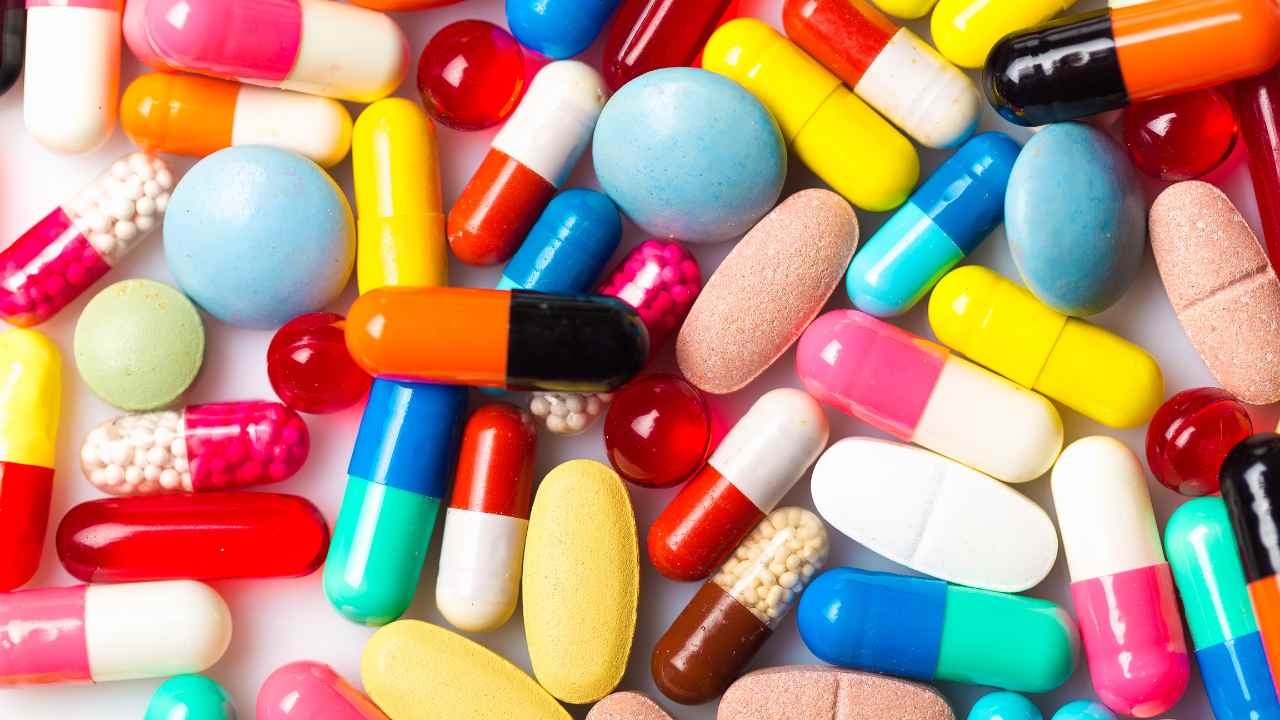
Prescribed Problems-Can Antibiotics Cause Skin Breakouts?
Antibiotics—the superhero pills that come to the rescue when we're under the weather. They battle those pesky bacteria and bring us back to health.
But wait, what's this? Are those antibiotics causing a different kind of trouble on your face? Pimples? Seriously, antibiotics, you were supposed to be the hero, not the villain!
Today, we're diving into the myth-busting journey to answer the question—can antibiotics really cause skin breakouts? Get ready to uncover the truth behind this pimple predicament, dear readers!
Antibiotics: The Bacterial Battlers
Let's start with a quick refresher on antibiotics. These mighty medications are used to treat bacterial infections, like the common cold's evil twin—sinus infections or those villainous strep throats.
They go into superhero mode, vanquishing the bacteria and bringing relief to our achy, feverish selves. We all love a good comeback story, right?
The Antibiotic Skin Saga
Now, you might be wondering how on earth these bacterial-busting pills can have anything to do with those surprise breakouts.
Well, like any good mystery, there are a few twists and turns to this tale. The following reasons are the possible ways your antibiotics may impact the clarity of your skin.
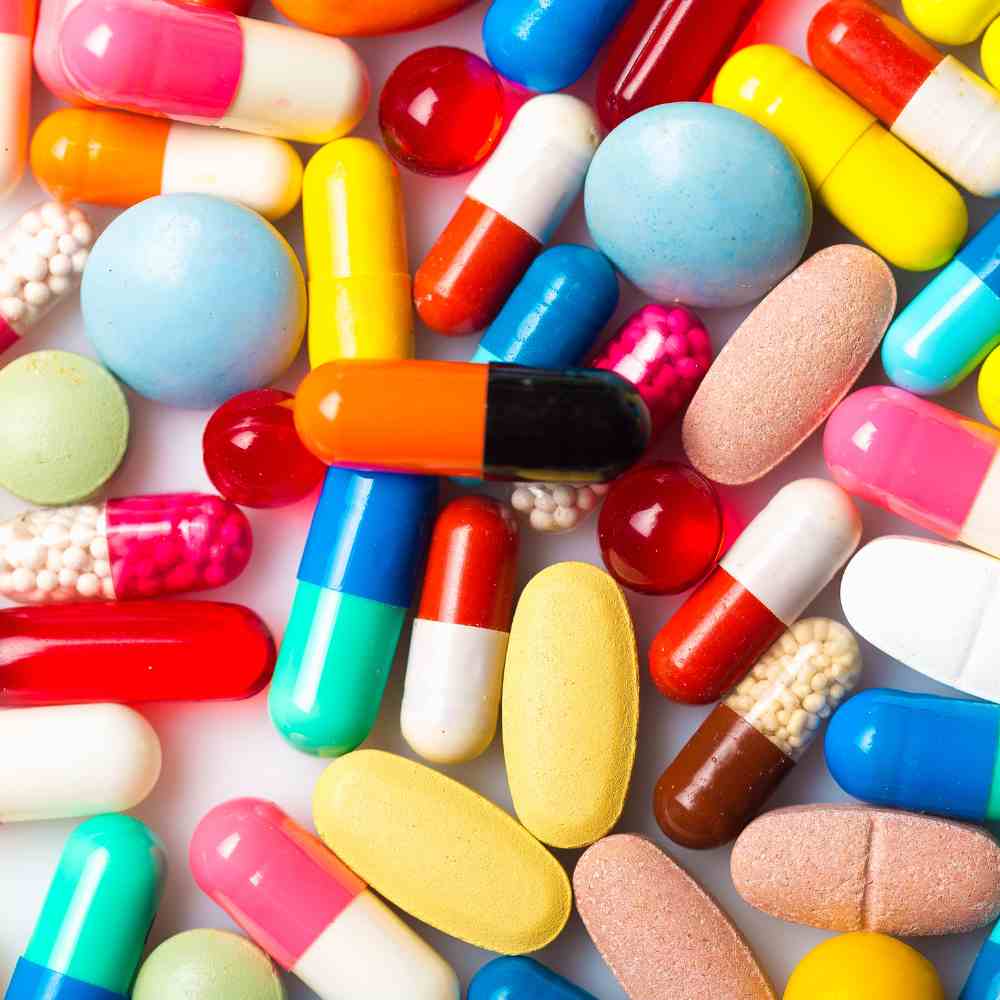
The Gut-Skin Connection
It turns out that our bodies are like interconnected ecosystems. The gut and the skin are like the best buddies in this biology party.
When you take antibiotics to battle those bad bacteria, they can sometimes disrupt the balance in your gut, affecting your healthy skin flora in the process. It's like a domino effect, and those pesky pimples might be the last domino to fall.
The Good Bacteria vs. Bad Bacteria Showdown
While antibiotics are amazing at targeting bad bacteria, they might also go on a bit of a rampage and take out the good bacteria too.
And guess what? Those good bacteria are like the skin's cheerleaders, helping to keep it healthy and balanced. Without them, chaos can ensue, leading to potential breakouts. Oh, the irony!
Antibiotics and Hormones
But wait, there's more! Antibiotics can sometimes interact with our hormones like gossiping friends at a party.
They can mess with our delicate hormonal balance, leading to potential skin woes. It's like a hormonal rollercoaster, and your skin is holding on for dear life.
Antibiotics can cause levels of estrogen and testosterone to drop or rise, both of which can have far reaching impacts on one’s overall health and wellbeing.
As hormone levels change in response to antibiotic use, people may experience side effects such as mood swings, depression, fatigue and even cognitive decline due to altered brain chemistry.
Antibiotics can also reduce the effectiveness of birth control pills since they decrease the amount of hormones in your body, so if you’re taking antibiotics and need to rely on a birth control pill for contraception, make sure to use a backup method such as condoms or an additional form of contraception.
Finally, antibiotic use has been linked with changes in sex drive and fertility at times as well. So, it's important to discuss any potential risks with your doctor before taking antibiotics.
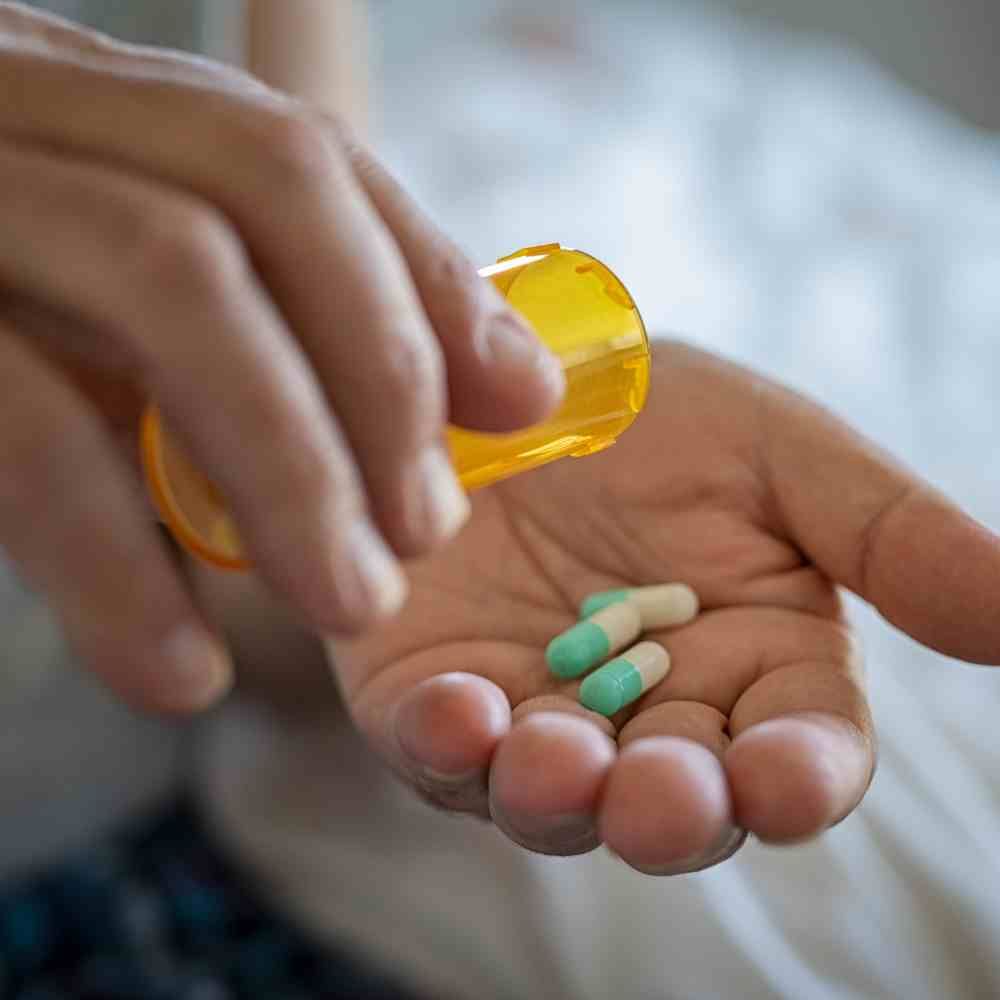
The Allergic Antagonist
While both oral antibiotics and topical antibiotics are heroes for many, some folks might have a secret nemesis—antibiotic allergies.
If you're one of the unlucky few who typically has an allergic reaction to these medications, your body might go into full-blown defense mode, leading to reactions like a skin rash and hives. And surprise, surprise, acne can also make an uninvited appearance at this allergy bash.
The Skincare Savior
Fear not, my fellow acne avengers, because there's still hope! If you find yourself in a face-off with antibiotic-induced breakouts, remember that a good skincare routine is your trusty sidekick.
Good pore cleansers cleansers, non-comedogenic moisturizers, and acne-fighting spot treatments with salicylic acid and benzoyl peroxide can be your skincare saviors. Even a special mask designed for fungal acne can be a great defense against acne.
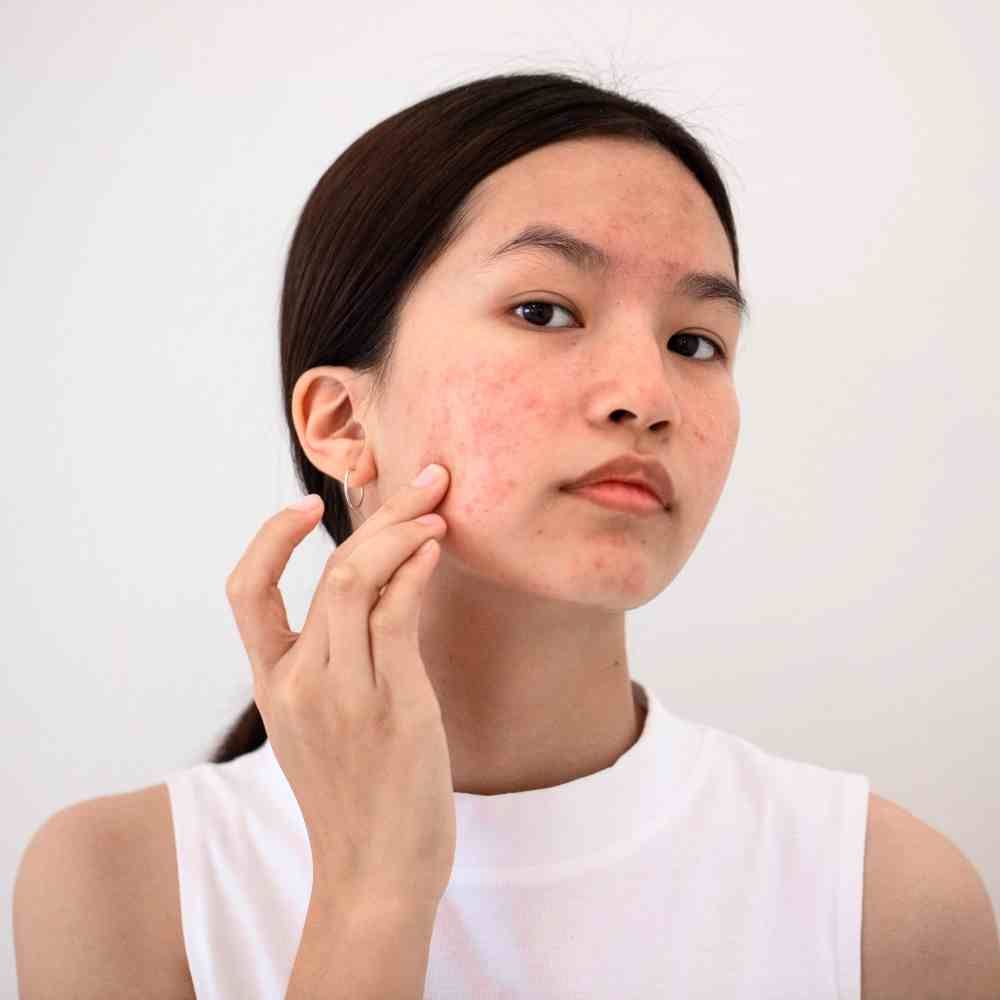
The Antibiotic Alternative
In some cases, doctors might prescribe alternative antibiotics that are less likely to wreak havoc on your skin. It's like a win-win situation—you get the bacterial battle you need without the surprise pimples.
Herbal remedies can provide natural solutions to you health problems and help you avoid the serious side effects caused by antibiotics.
For example, many herbal treatments such as garlic, ginger, echinacea and even turmeric have been used for centuries to effectively treat bacterial infections without the use of antibiotics. They're also packed with antioxidants that offer numerous other health benefits!
Additionally, probiotic supplements can help recolonize your gut with beneficial bacteria that crowd out harmful pathogens like viruses and fungi - two common causes of infection.
Finally, foods rich in vitamins A & C (like leafy greens) can be beneficial because they help boost the immune system's ability to fight off infection on its own. In short, there are plenty of alternatives to antibiotic treatments - all it takes is a little research!
The Importance of Communication
If you suspect that antibiotics might be behind your skin breakouts, don't keep it a secret!
Talk to your healthcare provider, and they'll be your allies in finding a solution. They might recommend adjusting your dosage, switching antibiotics, or incorporating additional skincare strategies.
A Final Plot Twist!
When it comes to treating acne, for some people antibiotics can actually be an effective option.
Antibiotics work by killing the bacteria that cause acne, preventing inflammation and ultimately helping clear up your skin.
In addition, they also reduce the body's production of oil (sebum), which is known to contribute to breakouts.
As such, antibiotics are often prescribed as part of a comprehensive acne treatment plan for those dealing with chronic or severe acne to tame acne and prevent acne scarring.
Confused? It's easy to be with all this information! It just shows that everyone's skin is different and only a medical professional can truly help you decide if antibiotics are good or bad for your skin.
When Good Meds Go Bad
So, can antibiotics cause skin breakouts? The answer is a bit of a "yes, but..."
While antibiotics are invaluable in treating bacterial infections, they can sometimes lead to disruptions in the gut-skin connection, hormonal imbalances, and allergic reactions, all potentially contributing to breakouts.
But fear not, dear readers! Armed with skincare knowledge, open communication with your healthcare provider, and maybe even some alternative antibiotics, you can win the battle against antibiotic-induced breakouts.
So, keep those pimples at bay, and let's cheer for a healthy, clear complexion—a true hero's reward for your skincare savvy!



